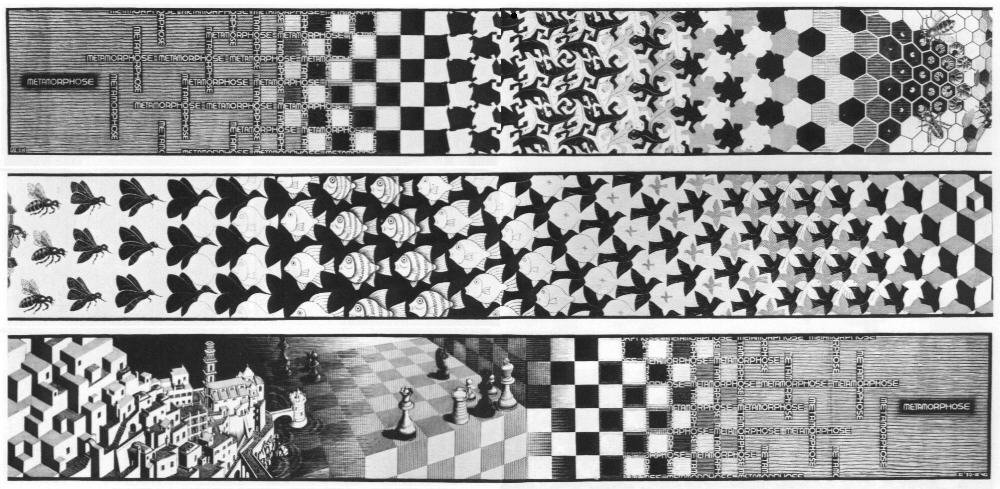"For there shall arise false Christs, and false prophets, and shall shew great signs and wonders; insomuch that, if it were possible, they shall deceive the very elect."
-Matthew 24:24
Did you ever read that scripture and think, "Well, that's not fair!" The elect of God are supposed to be those who are most devoted to Him, those who are His most faithful followers. Why should it even be possible for them to be deceived? If the best people on the earth are led away, what hope do the rest of us have?
The "if it were possible" qualifier makes it somewhat ambiguous. There are arguments from several denominations for and against the possibility of the very elect being deceived. To be honest, I'm not sure which side is right. Frankly, I don't think it's within our ability to define who "the very elect" are. But the issue of deception is, I think, an issue of what heavenly communication really is and what it is not. It is what divides communication with God from communication with the adversary.
Having been raised in the Church of Jesus Christ of Latter-Day Saints, I remember at various times having conversations with members in which they mentioned certain methods of communication that the devil could not imitate. I'm not well studied enough to know where they got this information from, but I wouldn't be surprised if it was a sort of cultural meme. But while writing this series of posts, the idea somewhat intrigued me; that we supposedly can know of communication methods that are "off limits" to Satan. I hope you'll forgive me if I go into some statistics terminology to explain my thoughts about it.
In statistics, there exists an idea called the null hypothesis. It is a claim that usually includes the words "is not" or "does not", which can be assessed for validity by statistical methods. Examples of null hypotheses include "vaccines do not cause autism" and "global warming is not occurring". With respect to the null hypothesis, one can make either a Type I or a Type II error. A type I error occurs when a true null hypothesis is rejected, whereas a type II error occurs when we fail to reject a false null hypothesis (we don't say "accept" in statistics; statistics is devoid of acceptance).
Coming back to the general topic, we might say a relevant null hypothesis is "The adversary cannot communicate by method X". A type I error, therefore, would be an incorrect assumption that he could indeed communicate a certain way when in fact he could not. A type II error would be incorrectly assuming that he could not communicate a certain way when in fact he could. Suffice it to say that, if I was attempting to deceive a great number of people, I would try to get them to commit as many type II errors as possible. In other words, I would try to falsely convince them of ways that I supposedly could not communicate, or methods of deception that I could not or would not use.
This is not a blog post about how to avoid being deceived. I don't know nearly enough about that to justifiably talk about it, though the scriptures provide a good starting point. It is also not a blog post about why seemingly good people are deceived, for the same reason. I don't know for sure if there are ways that are absolutely and definitely barred to the adversary in all cases, and I don't know how we would safely know if there were. I'd like to think there are, and I believe that there are.
On my mission in Alabama, I met a few sincere, concerned, loving Christians who fully believed that we were being misled and compassionately attempted to help us learn of our mistake. Some of them acknowledged that we were good people and were trying to do what was right, but that we were missing necessary elements on the path to salvation. I never asked them this, but I sometimes thought, "If my only problem is that I believe something that isn't true, is that enough for me to miss out on salvation?"
I don't believe in a God who withholds salvation from the merely deceived. To do that, especially to someone who was trying their best to do what they thought was right, would not be merciful nor just. I really would not be able to see any fairness in the situation of someone being told in the afterlife, "You did your best, but you just believed the wrong things. Sorry." Deception, coupled with vices, can inflict terrible damage, but I just can't see how deception by itself is enough to keep anyone out of heaven.

No comments:
Post a Comment